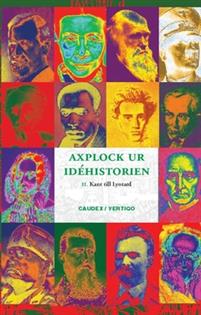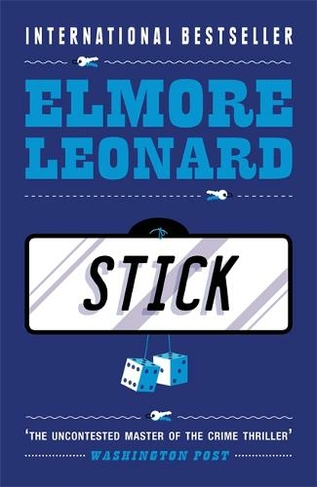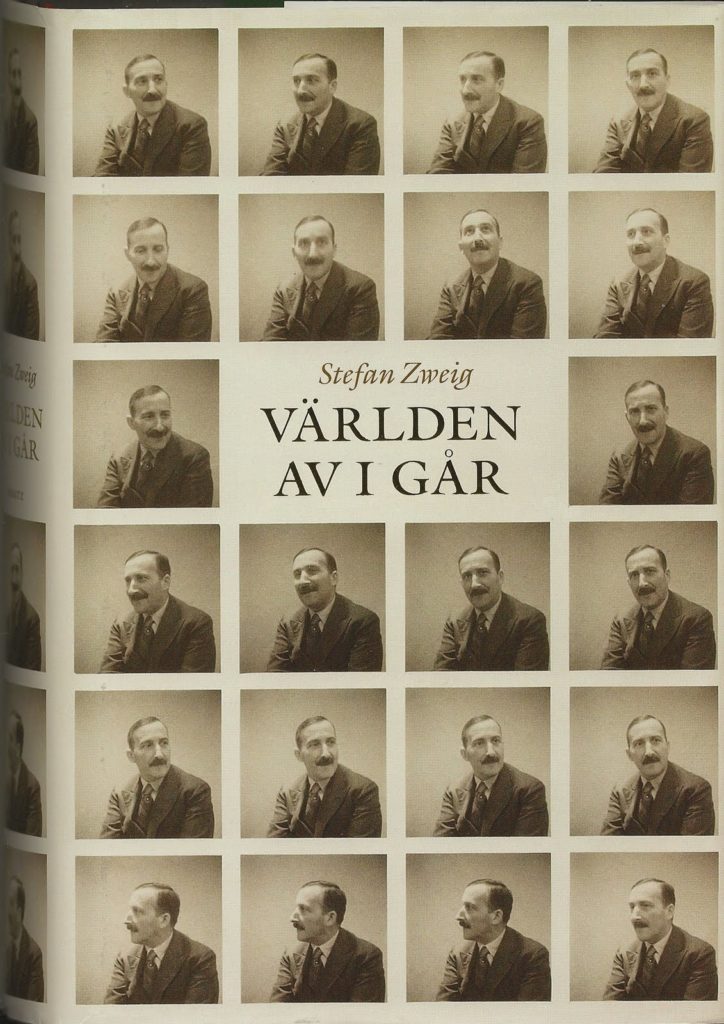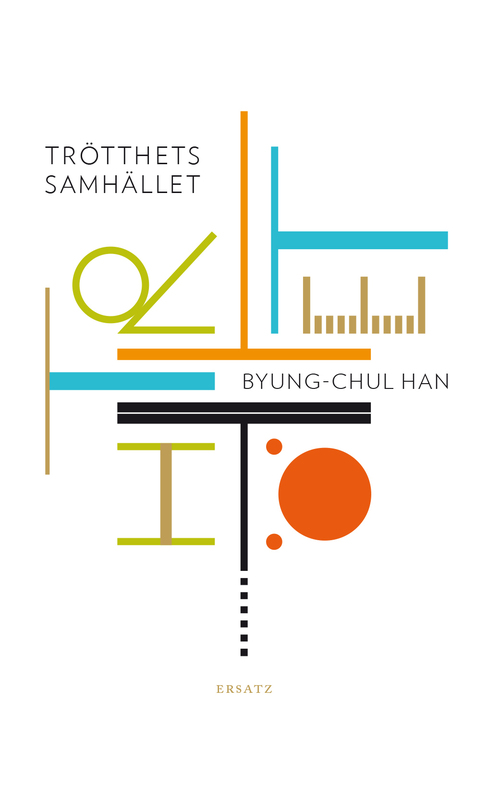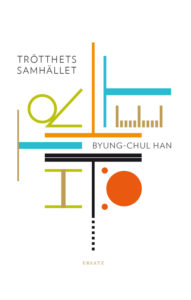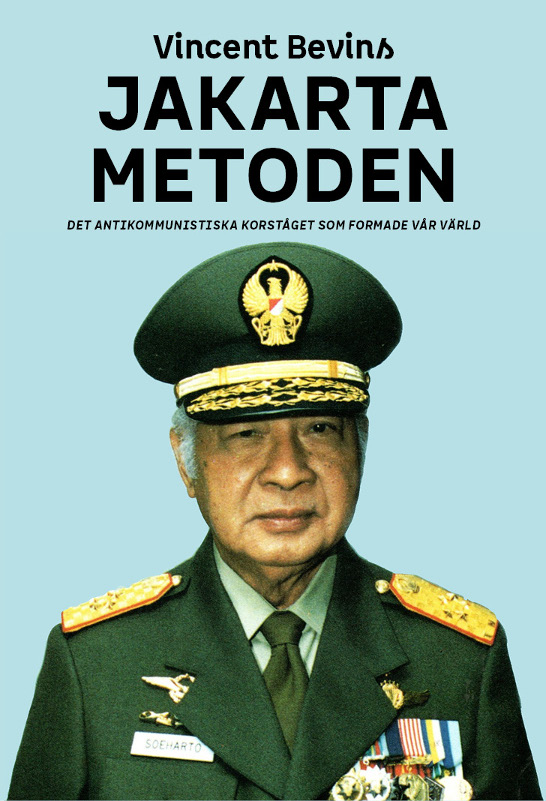It’s always interesting to me to read books that had to undergo significant censorship for their initial publication. Sometimes the ideological clash between author and state is pretty clear, but other times it’s a head-scratcher. Picknick vid vägkanten is one of the latter. It’s difficult for me to find what Soviet censors would have objected to, as opposed to books like We or One Day in the Life of Ivan Denisovich. All the implied black market and organized crime, maybe? Regardless, a censored version was published in the Soviet Union, and Tartovsky worked with the Strugatsky brothers to turn the idea into the 1979 movie Stalker. (The entire movie, with English subtitles, is available for free on YouTube from Mosfilm.)
A strange alien visitation in the near future (officially the book takes place at some unspecified year in the twentieth century) has resulted in six Zones around the world, all filled with baffling scientific marvels and unpredictable hazards. Picknick follows Red, one of the people who now make a living by navigating the life-threatening terrain to bring back items, a group of people who have come to be called “stalkers.” It’s implied that Red’s regular exposure to the Zone is the reason for the strange mutation in his daughter, who is born mostly normal but covered with long fur and black eyes. She starts out life with the same mental capacity and personality as any child, but eventually becomes withdrawn and non-verbal. Hoping to cure his daughter, Red makes one last incursion into the Zone to reach the Golden Sphere, which is rumored to grant wishes.
Picknick is another classic that feels a bit pointless to review, established as it is within the science fiction canon. I appreciate its weirdness and its refusal to provide any kind of explanation for the Zones or the items, or to descend into a pew-pew space lasers alien invasion story. Instead it’s just people dealing with the fallout (pun intended) of a brief and inexplicable encounter with an alien Other. Science fiction really does get an unfair reputation because everyone’s seen Star Wars and no one’s read books like Roadside Picnic. Next thing you know, we have Ian McEwan convincing himself he’s invented an entirely new genre.
Sigh.
The Swedish translation is worth noting, since it took a lot more research than one would expect to dig up the details of its history. Ola Wallin—who was also responsible for translating and publishing Trötthetssamhället—put out a new translation of Picknick in 2020. That’s the one I read and it’s a fine translation. I think. My Russian is far too gone to attempt a meaningful comparison.
But! Before Ersatz and Olla Wallin, there was a Swedish translation from Delta by Kjell Rehnström, which Wikipedia purports (by way of Neil Cornwell’s Reference Guide to Russian Literature) won the “Jules Verne prize for best novel of the year published in Swedish.” Confirming that last part is proving trickier than one might expect, and will involve a trip to the library over the weekend to check an actual physical reference book. Stockholm Library also appears to have a copy (in addition to Wallin’s), which I might read for comparison’s sake if the mood strikes me.
Olla Wallin is alive and well, so finding out more about his biography isn’t particularly difficult. Kjell Rehnström is, well, alive at least, but if Ratsit is to be believed he’s also 85 years old. Unsurprising that he doesn’t have much of an online presence, then, though it seems he also translates from Polish, including Nobel Prize winner Czesław Miłosz.


